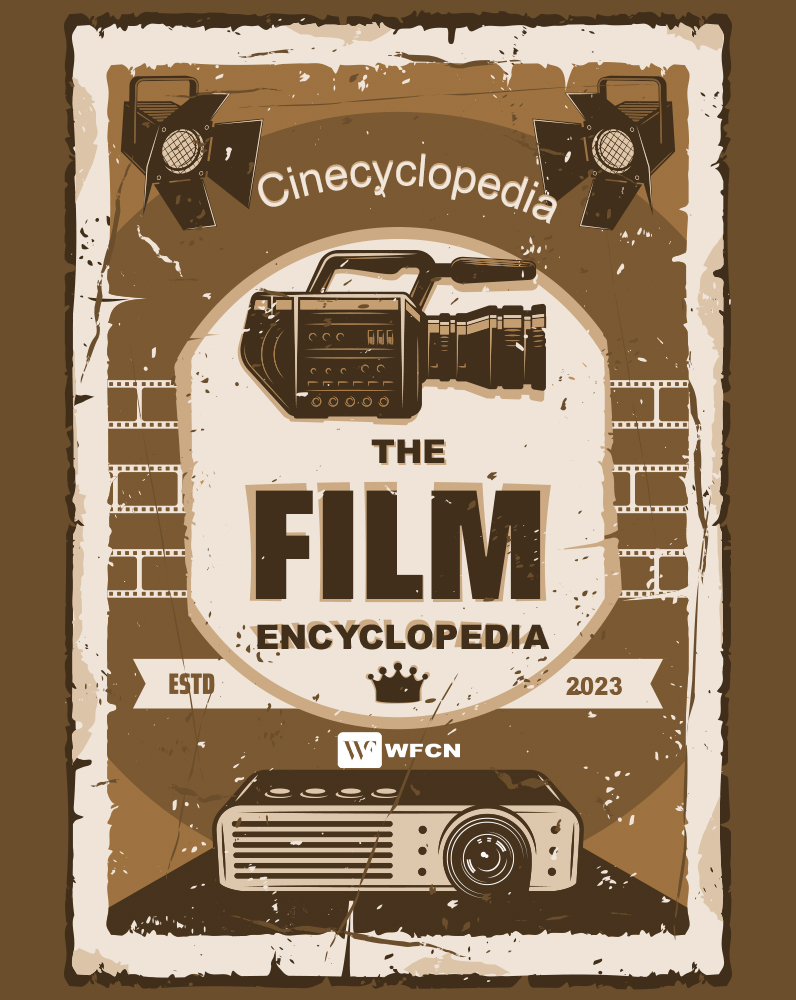Non Diegetic Sound
Created on : January 9, 2024 13:19
Denotation
Non-diegetic sound is any sound in a film that doesn’t originate from the world of the film. These are typically sounds that are added for effect in post-production. For example, a film soundtrack is almost always non-diegetic sound because the characters don’t hear it. The short answer to what is non-diegetic sound is this: If the characters can't hear it, it's non-diegetic.

Description
In the film industry, non-diegetic sound refers to any sound that originates from a source outside the narrative world of the film. Unlike diegetic sound which is part of the film's story and is heard by the characters within the film, non-diegetic sound is not perceived by the characters. Instead, it is added during the post-production phase to enhance the overall cinematic experience for the audience.
Non-diegetic sounds include musical scores, voiceovers, narration, sound effects and other auditory elements that are not part of the characters' immediate surroundings or the fictional world depicted in the film. These sounds are typically added in post-production to create mood, emphasize certain emotions or guide the audience's emotional response.
One of the most common uses of non-diegetic sound is the film score, which is composed music that accompanies the visual elements of the film. The score helps establish the film's tone, enhance dramatic moments and contribute to the overall atmosphere. Non-diegetic sound is a crucial element in filmmaking, allowing film directors and sound designers to manipulate the audience's emotional engagement and shape the viewer's experience beyond what is happening within the narrative itself.